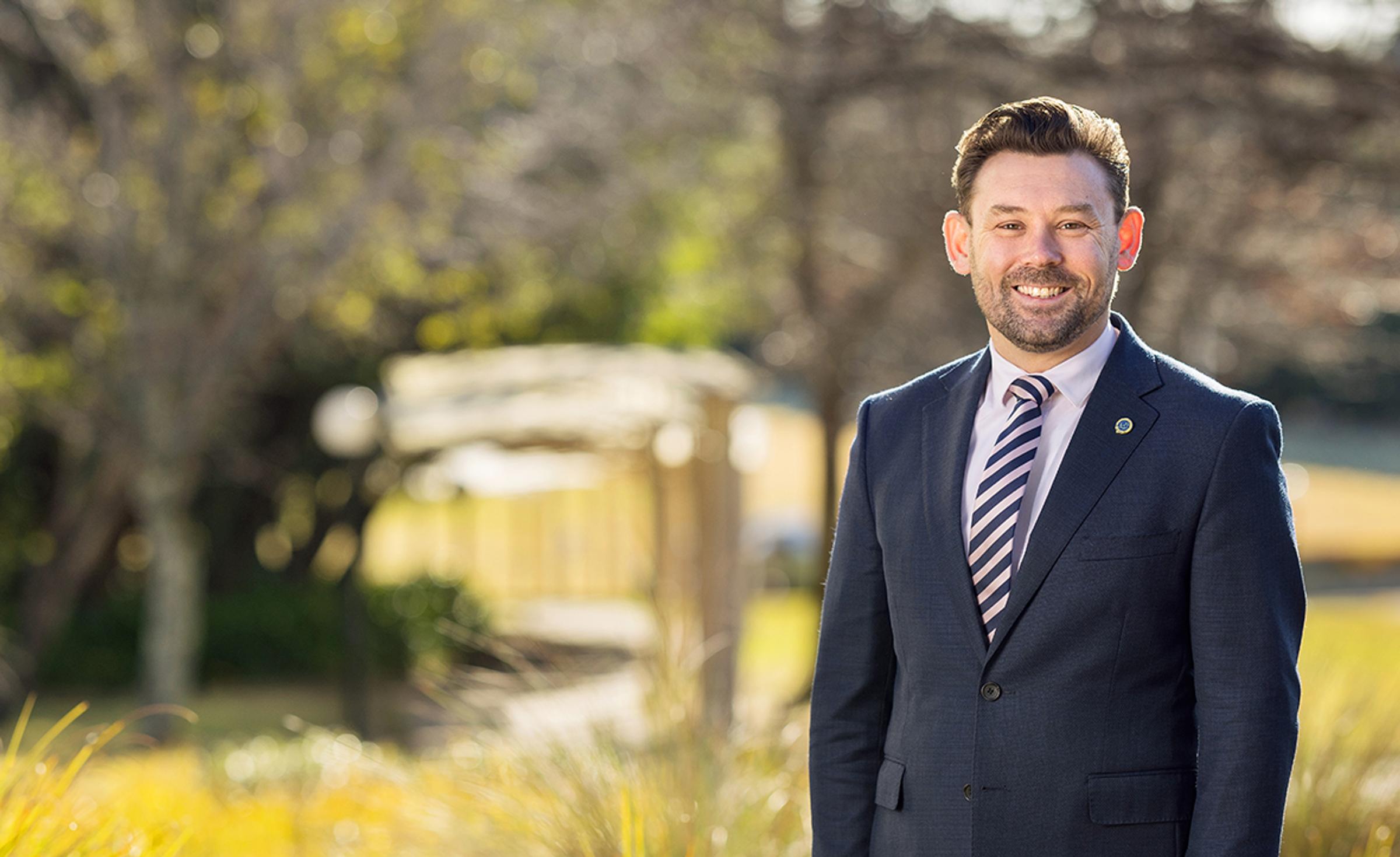From the Director of Strategic Initiatives

Mid-Year Conference: The Future Has Already Begun
Last week, our teaching and leadership staff came together for our mid-year professional learning conference focused on our school’s Transformation Project. We were privileged to work alongside three of the world’s leading educational thinkers — Jean Stiles, Thom Markham and Louie Montoya — whose insight and provocation sparked powerful conversations about what schools must become to meet the real needs of students in today’s fast-changing world.
The central theme of the conference was clear: the future is not arriving someday — it is already here. And schools, more than ever, must lead with courage, adaptability, and purpose. Our transformation project is not just about keeping up with change; it’s about shaping a better educational experience that values both innovation and humanity.
Over the two days, staff explored deep ideas about learning, purpose, and technology. The biggest disruptor in education right now, artificial intelligence, was not presented as a threat, but as a partner. Jean, Thom and Louie each challenged us to move past fear and step into thoughtful, values-based engagement with AI. It is here to stay, and it’s up to us to guide how it’s used in schools, in our lives, and by our students.
One of the key takeaways was the idea that AI is a thought partner and problem-solving tool. It is not the enemy, and it will not replace human thinking or creativity. Rather, it can amplify both. We were encouraged to explore how AI can help students inquire more deeply, work more efficiently, and personalise their learning, while being critical and ethical users of technology. As one presenter said, “AI is only as powerful as the questions we ask it.”
Another powerful idea we explored was how schools must move beyond low-level assessment, which too often rewards memorisation over thinking. The outdated fears around ‘cheating’ have been amplified in the AI age, but instead of trying to block or ban new technologies, we must ask: What does meaningful work look like now? If AI can generate a basic response, then what kind of learning task will still require deep thought, originality, or human insight? These are the questions we’ll be taking into our assessment and curriculum planning.
The conference also brought home the reality that our work as educators is now directly part of training AI systems. Every resource we create, every article we publish, every student interaction we shape contributes to the digital footprint that informs the world’s collective intelligence. That’s a profound responsibility, and one we must take seriously. We are not just teaching students; we are helping shape the future.
However, while AI might be capable of processing and generating information, it does not — and cannot replicate the human aspects of schooling. Relationships, trust, care, and emotional connection are the beating heart of education. AI can assist, but it cannot nurture. Schools are built on community, and that community between teachers, students, and families will always be irreplaceable.
In that spirit, the message was clear: AI will never replace schools. Our purpose as educators is not only to share knowledge, but to create a space of belonging, safety, and challenge. As we embrace new tools, we must also protect what makes education human.
Our Transformation Project continues with renewed energy and clarity. We left the conference not just inspired, but activated, ready to question, design and lead learning that truly prepares our students for a future we can’t fully predict, but one we are actively shaping together.
Thank you to Jean, Thom and Louie for their wisdom, and to our entire staff for their openness, collaboration, and belief in what is possible. The work ahead is exciting, and it has already begun.
Christopher Sanders
Director of Strategic Initiatives
